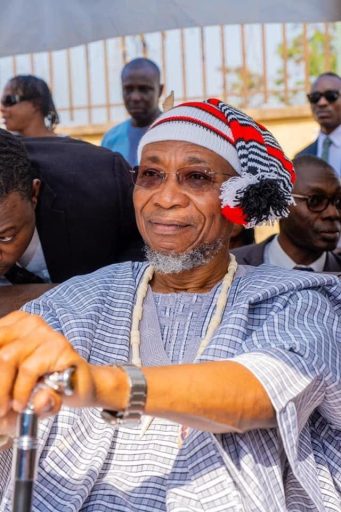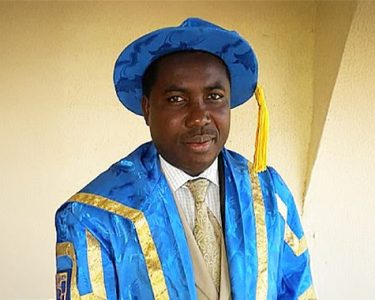The Yoruba concept of Omoluabi is not a tool of convenience. It is rooted in character, truth, courage, and the audacity to stand for what is right even when it is unpopular. If Rauf Aregbesola has chosen to challenge the status quo, especially in a political terrain where loyalty is often weaponized to suppress dissent, then perhaps it is not betrayal, but boldness in pursuit of higher ideals.
The claim that Aregbesola is “biting the fingers that fed him” is a simplistic reading of a complex evolution. Political relationships are not feudal. They are not bound by eternal servitude or unquestioning allegiance. Aregbesola’s rise, yes, had Tinubu’s backing, but it was not by grace alone it was also built on vision, competence, and tireless service. To reduce him to a mere beneficiary lacking in value of his own is to insult history and the intellect of the people of Osun and Lagos who stood by him for years.
The real question is: Is loyalty owed to a person or to the people? The Omoluabi ethos demands truth and justice. If Aregbesola saw the distortion of values, or the abandonment of the progressive ideals they once shared, was he supposed to stay silent for fear of being labeled a traitor?
Was Aregbesola wrong to challenge the imposition of a governor in Osun, a state he genuinely transformed through massive infrastructure and people-focused policies? Was he wrong to resist a system that increasingly substituted internal democracy with blind allegiance and political entitlement?
Aregbesola is not eniyan-k’eniyan, a worthless fellow far from it. His tenure in Lagos as Commissioner for Works redefined the physical landscape of the state. In Osun, despite challenges, he attempted bold reforms in education, infrastructure, and civic engagement. These are not the works of a man ungrateful or visionless they are the works of a man who believed in something bigger than himself.
It is convenient now to label him “arrogant” or “a jester” because he dared to walk a different path. But we must ask: if Aregbesola had remained in Tinubu’s corner, no matter how wrong that corner became, would he still be called disloyal? Or would he be praised for being “consistent”?
This is where Yoruba wisdom offers a richer view: “Bi a ba fe ka se rere, ka f’owo eni han ka f’eni ti o ba wa nu sile.” To do what is right, one must sometimes offend those who once stood by us, especially when principle calls for it.
True betrayal is not disagreement. It is silence in the face of wrong. It is pretending that all is well when the ship is leaking. If Aregbesola’s actions have made him enemies, it is because he chose to speak up rather than cover up.
The accusation that he lacks the fear of God is especially unjust. This is a man deeply rooted in Islamic values, who has consistently spoken of governance as a trust from the Almighty. That he does not wear religion as a political garment does not make him less sincere than those who manipulate faith for power.
If anything, Aregbesola’s refusal to grovel, to serve blindly, to perpetuate a cult of personality, is a mark of the Omoluabi one who stands, even if he must stand alone.
In the end, the future will judge who truly stood for principles and who merely clung to privilege. And when that time comes, Aregbesola’s legacy flawed but fearless will find its place in the progressive history of the Yoruba people.




